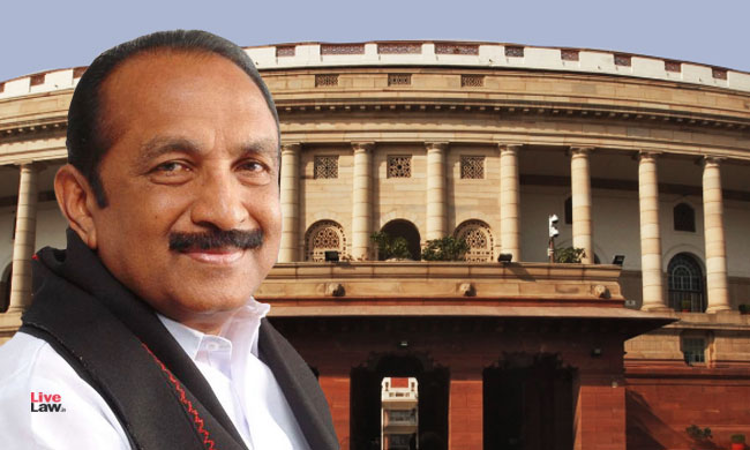Unlike a typical federation, India has a strong centre, contributing to its Quasi-Federal structure. On Friday, MDMK leader Vaiko moved a resolution in the Rajya Sabha, seeking necessary measures for greater autonomy of states, including amendments to the Constitution to bring back the subjects which were transferred from the State List to the Concurrent List, during the...

